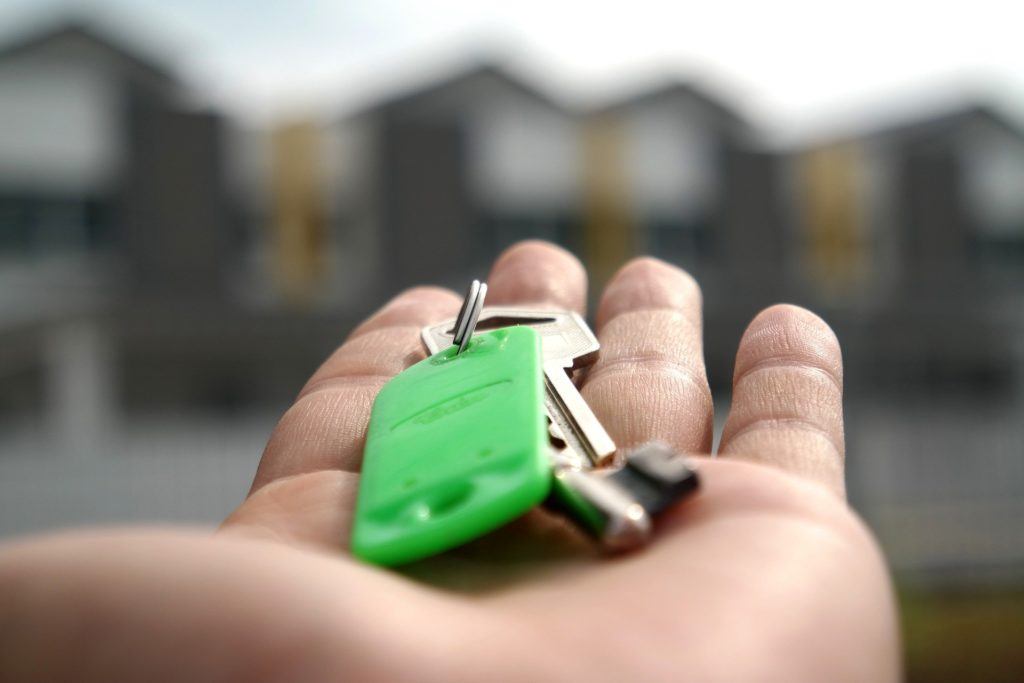*This is a collaborative post*
Buying a home is not cheap and for many can end up begin the most expensive purchase of their lives. Saving wherever you can is important no matter your stage in life, but saving all the money you can after buying a new home is a must. So following this guide will be a great way to put away those extra pounds.

Creating a spending plan
Creating a spending plan is a great first step to take towards starting some serious savings. A great way to start this is to look back over the last month and see all your outgoings in your bank and see where you could start cutting back. Starting with something as little as not ordering a takeaway on a Friday night and cooking something instead, potentially saving around £80 a month on average.
Install LED or CFL light bulbs
Something as little as changing the normal bulbs that you have installed around your home can be an effective way to not only save money in the long run but also help the planet out. Changing your regular bulbs to LED or CFL bulbs can have great effects on your savings in the long run. When compared to normal incandescent lights LED’s have been found to be 80% cheaper to run, which can be great savings over time. CFL bulbs come in a variety of shapes and sizes meaning they can be used in a variety of electrical devices. Both LED and CFL bulbs are great and it’s worth doing more research into them before buying so that you can choose what is right for you.
Turn the thermostat down
During those colder months having the heating on is a must, especially if you live in a cold area. However, having the thermostat up high can seem like the best option in this situation given how cold it is but research has shown that this can be a major increase on your energy bills. Turning down your thermostat can save you up to save up to 3% (or £40) a year on your heating bills.
Check your boiler
Checking the boiler in your new property is something that you will of done during the viewing of the property however it’s always good to check over your boiler again. If you find that the boiler in your new property is outdated, then changing it out is the best option as replacing your old outdated boiler with a newer more efficient boiler is a great way to decrease your energy bills in the long run. When replacing your boiler there are three things that you mainly need to consider boiler brand, boiler type and your installer.
When choosing the brand of your boiler, you’ll want to choose one of the top-rated brands such as Worcester Bosch, Vaillant Boilers and Ideal Boilers.
There are three main types of boilers system, combi and conventional. Each property will require a different type of boiler and each boiler type itself have their own pros and cons. So it’s advisable to do your own research into this before you decide what boiler you’re going to settle with.
When it comes to the installation of your new boiler, the only requirement is that your gas engineer is gas safe registered, which is a legal requirement in the UK to work with gas. It’s a great idea to enquire with a few of your local gas engineers to find out which one has the best rating for the job, meaning you’re saving even more money.
Smart power strips
Smart power strips are brilliant to reduce how much energy you’re wasting from appliances that are not in use. A smart power strip is just like an ordinary power strip except it can detect when a device is in standby mode and will cut off its energy so that no electricity is being wasted. This should increase your energy efficiency and reduce waste which means cheaper bills at the end of the month. However, using smart power strips for devices such as computers is not advisable as if you end up away from your desk with unsaved work and your computer goes into standby mode the power supply to the computer will be cut and will result in the computer being turned off.
Insulate exposed pipes
Exposed water pipes are a problem that many homes face but do not realise. An exposed water pipe is a water supply pipe that is in an unheated part of your home but does not have any insulation around it. Exposed water supply pipes can be a big problem for not only your bills as the loss of heat in the water can lead to extra energy being needed to reheat that water, but there is also the risk of your pipe freezing, bursting and flooding your home. There are some very simple steps that you can take to avoid these problems, such as insulating the pipe with a pipe insulation tube. Insulating your pipes exposed pipes can not only save you some money on your heating bills but could potentially save you the cost of having to repair your flooded home.
Following these steps is a great way to begin topping those savings back up after buying your brand new home.